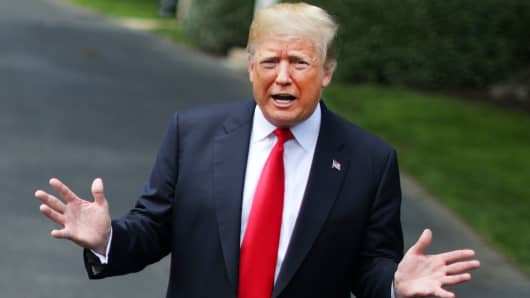Even before Donald Trump became the 45th president of the United States, he called for an aggressive renegotiation of global trade deals. His push to reform trade with China, in order to close the trade deficit, was a hallmark promise of his campaign.
At the beginning of the month, President Trump delayed enacting tariffs aimed at key Chinese exports, for an additional thirty days. With another decision to delay or enact punitive tariffs looming, President Trump walked back on trade "truce" comments made by his team over the weekend and now demands that China begin closing the trade gap.
Interestingly, the trade deficit metrics cited overestimate the size of the trade deficit, by about half, and as a result are a bit misleading. Chinese labor and assembly accounts for only a small proportion of costs while the majority of costs are derived from components produced from all over the world.
However, since the final good is exported from China, the entire price is chalked up to a Chinese export, overestimating the trade imbalance. Nevertheless, the president is now requesting that Chinese consumers purchase more than $200 billion of American made products over the next two years. Not surprisingly, Chinese officials are balking at the request.


